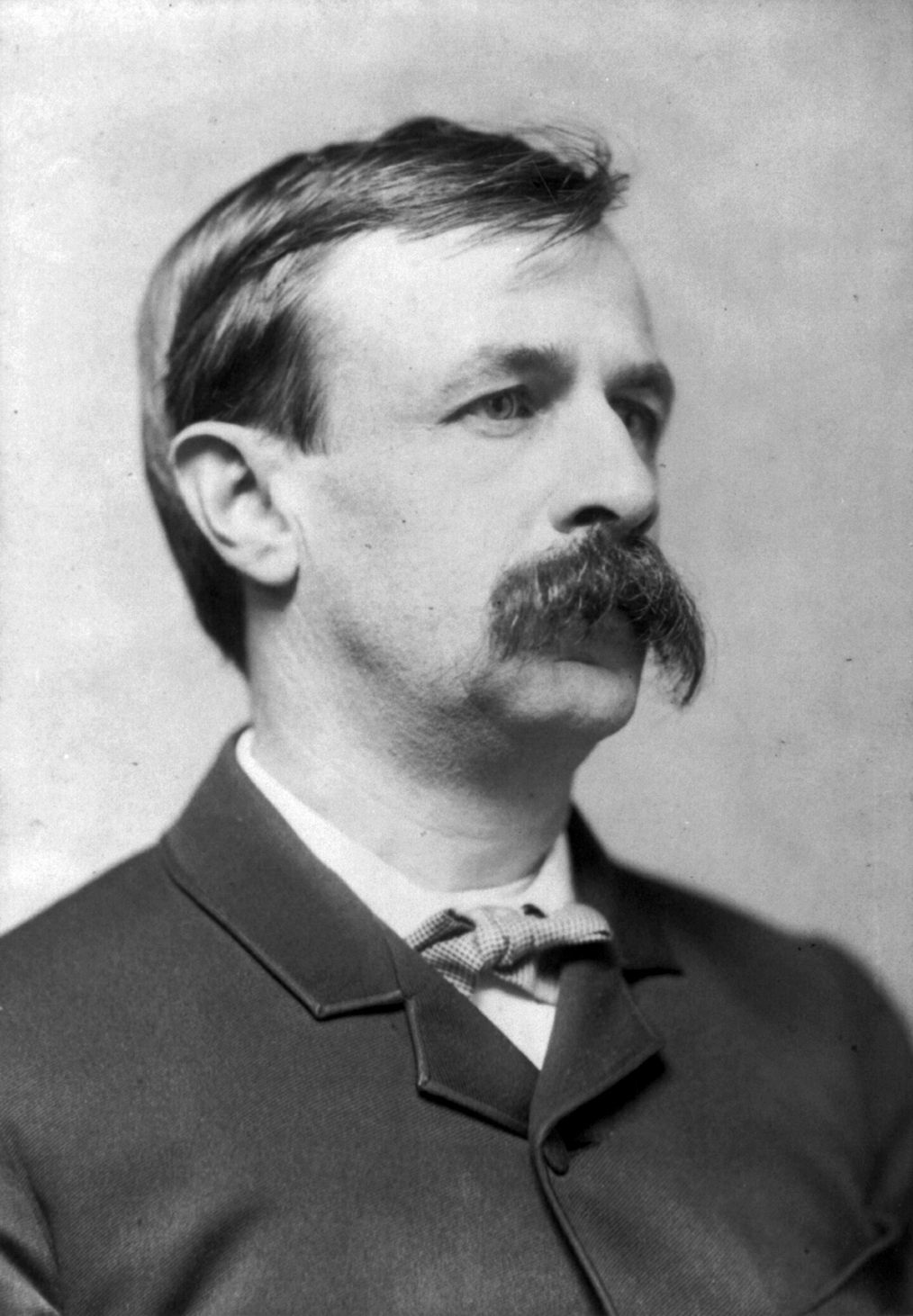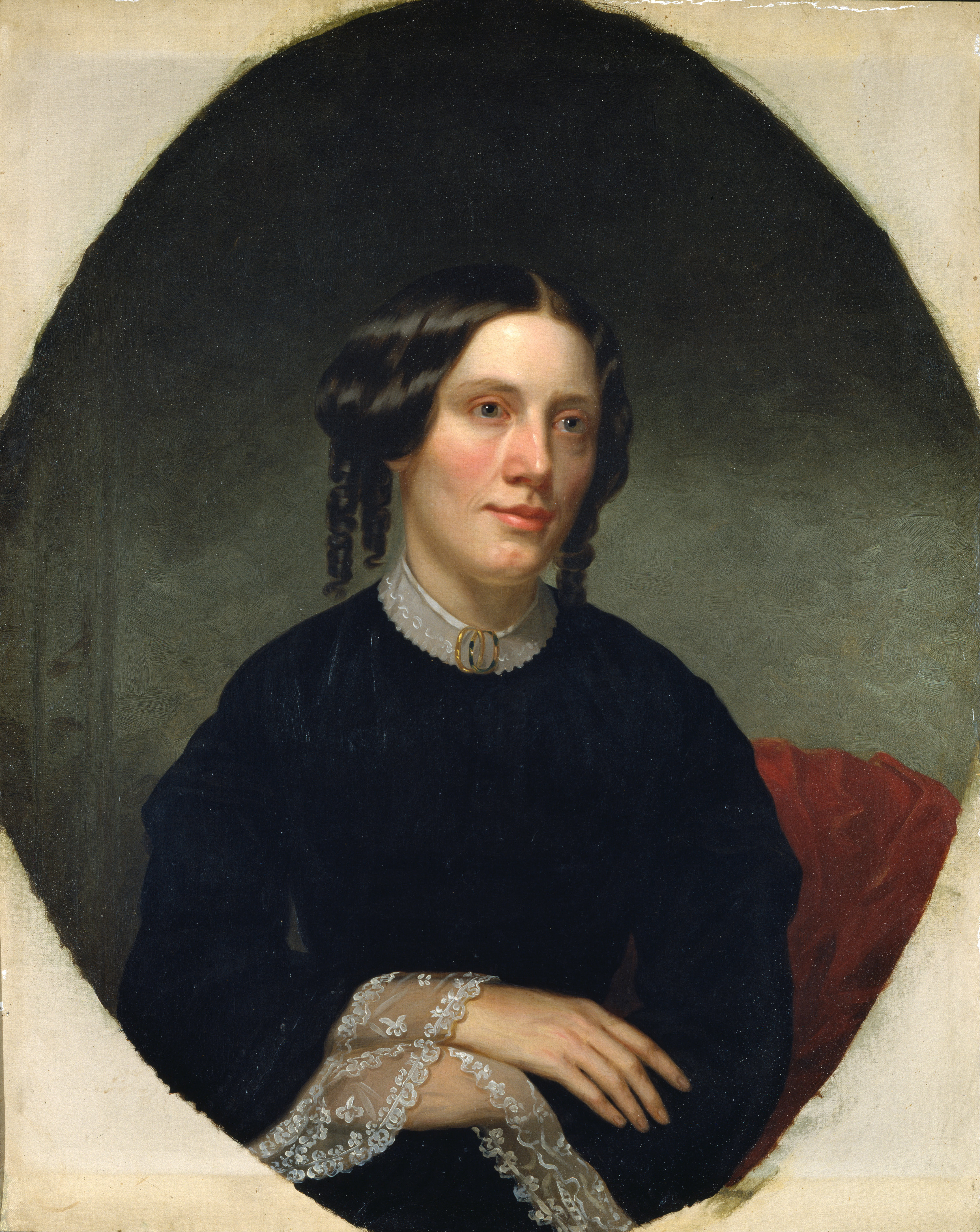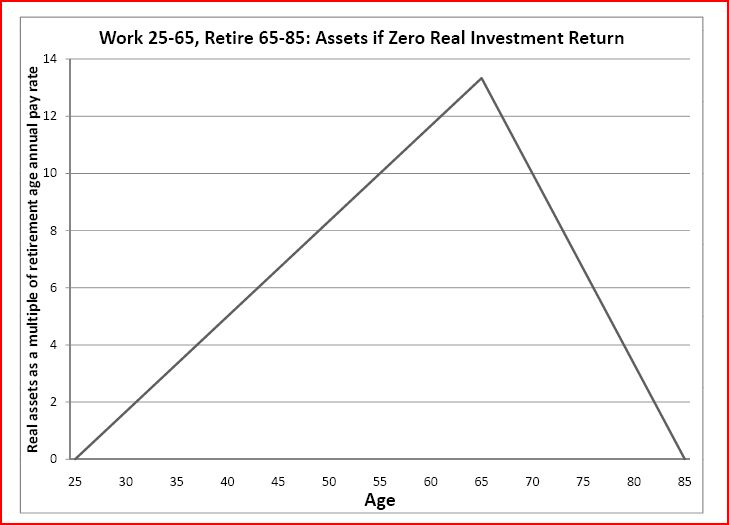|
Bellamyite
Nationalist Clubs were an organized network of socialist political groups which emerged at the end of the 1880s in the United States of America in an effort to make real the ideas advanced by Edward Bellamy in his utopian novel ''Looking Backward.'' At least 165 Nationalist Clubs were formed by so-called "Bellamyites," who sought to remake the economy and society through the nationalization of industry. One of the last issues of ''The Nationalist'' noted that "over 500" had been formed. Owing to the growth of the Populist movement and the financial and physical difficulties suffered by Bellamy, the Bellamyite Nationalist Clubs began to dissipate in 1892, lost their national magazine in 1894, and vanished from the scene entirely circa 1896. Organizational history Background In 1888, a young Massachusetts writer named Edward Bellamy published a work of utopian fiction entitled Looking Backward, 2000-1887'' telling the Rip Van Winkle-like tale of a 19th-century New England capit ... [...More Info...] [...Related Items...] OR: [Wikipedia] [Google] [Baidu] |
Edward Bellamy
Edward Bellamy (March 26, 1850 – May 22, 1898) was an American author, journalist, and political activist most famous for his utopian novel ''Looking Backward''. Bellamy's vision of a harmonious future world inspired the formation of numerous "Nationalist Clubs" dedicated to the propagation of his political ideas. After working as a journalist and writing several unremarkable novels, Bellamy published ''Looking Backward'' in 1888. It was one of the most commercially successful books published in the United States in the 19th century, and it especially appealed to a generation of intellectuals alienated from the alleged dark side of the Gilded Age. In the early 1890s, Bellamy established a newspaper known as ''New Nation (United States), The New Nation'' and began to promote united action between the various Nationalist Clubs and the emerging People's Party (United States), Populist Party. He published ''Equality (novel), Equality'', a sequel to ''Looking Backward'', in 1897, ... [...More Info...] [...Related Items...] OR: [Wikipedia] [Google] [Baidu] |
Looking Backward
''Looking Backward: 2000–1887'' is a utopian science fiction novel by Edward Bellamy, a journalist and writer from Chicopee Falls, Massachusetts; it was first published in 1888. The book was translated into several languages, and in short order "sold a million copies." In 2021 The New York Times published "In the 19th-century United States, only '' Uncle Tom’s Cabin'' sold more copies in its first years than 'Looking Backward.' It influenced many intellectuals, and appears by title in many socialist writings of the day. "It is one of the few books ever published that created almost immediately on its appearance a political mass movement".Edward Bellamy, ''Looking Backward 2000–1887'', with a Foreword by Erich Fromm, p. vi. Signet, 1960. In the United States alone, over 162 "Bellamy Clubs" sprang up to discuss and propagate the book's ideas. Owing to its commitment to the nationalization of private property and the desire to avoid use of the term "socialism", this ... [...More Info...] [...Related Items...] OR: [Wikipedia] [Google] [Baidu] |
Edward Bellamy - Photograph C
Edward is an English given name. It is derived from the Anglo-Saxon name ''Ēadweard'', composed of the elements '' ēad'' "wealth, fortune; prosperous" and '' weard'' "guardian, protector”. History The name Edward was very popular in Anglo-Saxon England, but the rule of the Norman and Plantagenet dynasties had effectively ended its use amongst the upper classes. The popularity of the name was revived when Henry III named his firstborn son, the future Edward I, as part of his efforts to promote a cult around Edward the Confessor, for whom Henry had a deep admiration. Variant forms The name has been adopted in the Iberian peninsula since the 15th century, due to Edward, King of Portugal, whose mother was English. The Spanish/Portuguese forms of the name are Eduardo and Duarte. Other variant forms include French Édouard, Italian Edoardo and Odoardo, German, Dutch, Czech and Romanian Eduard and Scandinavian Edvard. Short forms include Ed, Eddy, Eddie, Ted, Teddy and Ned. ... [...More Info...] [...Related Items...] OR: [Wikipedia] [Google] [Baidu] |
Money
Money is any item or verifiable record that is generally accepted as payment for goods and services and repayment of debts, such as taxes, in a particular country or socio-economic context. The primary functions which distinguish money are as a medium of exchange, a unit of account, a store of value and sometimes, a standard of deferred payment. Money was historically an emergent market phenomenon that possess intrinsic value as a commodity; nearly all contemporary money systems are based on unbacked fiat money without use value. Its value is consequently derived by social convention, having been declared by a government or regulatory entity to be legal tender; that is, it must be accepted as a form of payment within the boundaries of the country, for "all debts, public and private", in the case of the United States dollar. Contexts which erode public confidence, such as the circulation of counterfeit money or domestic hyperinflation, can cause good money to l ... [...More Info...] [...Related Items...] OR: [Wikipedia] [Google] [Baidu] |
American Civil War
The American Civil War (April 12, 1861 – May 26, 1865; also known by other names) was a civil war in the United States. It was fought between the Union ("the North") and the Confederacy ("the South"), the latter formed by states that had seceded. The central cause of the war was the dispute over whether slavery would be permitted to expand into the western territories, leading to more slave states, or be prevented from doing so, which was widely believed would place slavery on a course of ultimate extinction. Decades of political controversy over slavery were brought to a head by the victory in the 1860 U.S. presidential election of Abraham Lincoln, who opposed slavery's expansion into the west. An initial seven southern slave states responded to Lincoln's victory by seceding from the United States and, in 1861, forming the Confederacy. The Confederacy seized U.S. forts and other federal assets within their borders. Led by Confederate President Jefferson ... [...More Info...] [...Related Items...] OR: [Wikipedia] [Google] [Baidu] |
Boston Globe
''The Boston Globe'' is an American daily newspaper founded and based in Boston, Massachusetts. The newspaper has won a total of 27 Pulitzer Prizes, and has a total circulation of close to 300,000 print and digital subscribers. ''The Boston Globe'' is the oldest and largest daily newspaper in Boston. Founded in 1872, the paper was mainly controlled by Irish Catholic interests before being sold to Charles H. Taylor and his family. After being privately held until 1973, it was sold to ''The New York Times'' in 1993 for $1.1billion, making it one of the most expensive print purchases in U.S. history. The newspaper was purchased in 2013 by Boston Red Sox and Liverpool owner John W. Henry for $70million from The New York Times Company, having lost over 90% of its value in 20 years. The newspaper has been noted as "one of the nation's most prestigious papers." In 1967, ''The Boston Globe'' became the first major paper in the U.S. to come out against the Vietnam War. The paper's 20 ... [...More Info...] [...Related Items...] OR: [Wikipedia] [Google] [Baidu] |
Cyrus Field Willard
Cyrus Field Willard (August 17, 1858 – January 17, 1942) was an American journalist, political activist, and theosophist. Deeply influenced by the writing of Edward Bellamy, Willard is best remembered as a principal in several utopian socialist enterprises, including the late 1890s colonization efforts of the Brotherhood of the Cooperative Commonwealth (BCC). Biography Early years Cyrus Field Willard was born August 17, 1858 in Lynn, Massachusetts, a member of a family of six children.Richard C.S. Trahair (ed.), "Cyrus Field Willard," in ''Utopias and Utopians: An Historical Dictionary.'' Westport, CT: Greenwood Press, 1999; pg. ???. The Willard family moved from Lynn to Boston in 1866, where Cyrus attended public school before gaining employment as a newspaper reporter for the ''Boston Globe.'' In addition to working as a journalist, Willard contributed occasional pieces to the periodical press, including a humorous 1887 interview with poet Walt Whitman, "A Chat with the Good ... [...More Info...] [...Related Items...] OR: [Wikipedia] [Google] [Baidu] |
Harriet Beecher Stowe
Harriet Elisabeth Beecher Stowe (; June 14, 1811 – July 1, 1896) was an American author and abolitionist. She came from the religious Beecher family and became best known for her novel '' Uncle Tom's Cabin'' (1852), which depicts the harsh conditions experienced by enslaved African Americans. The book reached an audience of millions as a novel and play, and became influential in the United States and in Great Britain, energizing anti-slavery forces in the American North, while provoking widespread anger in the South. Stowe wrote 30 books, including novels, three travel memoirs, and collections of articles and letters. She was influential both for her writings and for her public stances and debates on social issues of the day. Life and work Harriet Elisabeth Beecher was born in Litchfield, Connecticut on June 14, 1811.McFarland, Philip. ''Loves of Harriet Beecher Stowe''. New York: Grove Press, 2007: 112. She was the sixth of 11 children born to outspoken Calvinist ... [...More Info...] [...Related Items...] OR: [Wikipedia] [Google] [Baidu] |
Uncle Tom's Cabin
''Uncle Tom's Cabin; or, Life Among the Lowly'' is an anti-slavery novel by American author Harriet Beecher Stowe. Published in two volumes in 1852, the novel had a profound effect on attitudes toward African Americans and slavery in the U.S., and is said to have "helped lay the groundwork for the mericanCivil War". Stowe, a Connecticut-born woman of English descent, was part of the religious Beecher family and an active abolitionist. She wrote the sentimental novel to depict the reality of slavery while also asserting that Christian love could overcome slavery. The novel focuses on the character of Uncle Tom, a long-suffering black slave around whom the stories of the other characters revolve. In the United States, ''Uncle Tom's Cabin'' was the best-selling novel and the second best-selling book of the 19th century, following the Bible. It is credited with helping fuel the abolitionist cause in the 1850s. The influence attributed to the book was so great that a likely ... [...More Info...] [...Related Items...] OR: [Wikipedia] [Google] [Baidu] |
Human Nature
Human nature is a concept that denotes the fundamental dispositions and characteristics—including ways of thinking, feeling, and acting—that humans are said to have naturally. The term is often used to denote the essence of humankind, or what it ' means' to be human. This usage has proven to be controversial in that there is dispute as to whether or not such an essence actually exists. Arguments about human nature have been a central focus of philosophy for centuries and the concept continues to provoke lively philosophical debate. While both concepts are distinct from one another, discussions regarding human nature are typically related to those regarding the comparative importance of genes and environment in human development (i.e., 'nature versus nurture'). Accordingly, the concept also continues to play a role in academic fields, such as the natural sciences, social sciences, history, and philosophy, in which various theorists claim to have yielded insight into huma ... [...More Info...] [...Related Items...] OR: [Wikipedia] [Google] [Baidu] |
Retirement
Retirement is the withdrawal from one's position or occupation or from one's active working life. A person may also semi-retire by reducing work hours or workload. Many people choose to retire when they are elderly or incapable of doing their job due to health reasons. People may also retire when they are eligible for private or public pension benefits, although some are forced to retire when bodily conditions no longer allow the person to work any longer (by illness or accident) or as a result of legislation concerning their positions. In most countries, the idea of retirement is of recent origin, being introduced during the late-nineteenth and early-twentieth centuries. Previously, low life expectancy, lack of social security and the absence of pension arrangements meant that most workers continued to work until their death. Germany was the first country to introduce retirement benefits in 1889. Nowadays, most developed countries have systems to provide pensions on retiremen ... [...More Info...] [...Related Items...] OR: [Wikipedia] [Google] [Baidu] |
Soldier
A soldier is a person who is a member of an army. A soldier can be a conscripted or volunteer enlisted person, a non-commissioned officer, or an officer. Etymology The word ''soldier'' derives from the Middle English word , from Old French or , meaning mercenary, from , meaning shilling's worth or wage, from or , shilling. The word is also related to the Medieval Latin , meaning soldier (literally, "one having pay"). These words ultimately derive from the Late Latin word , referring to an Ancient Roman coin used in the Byzantine Empire. Occupational designations In most armies use of the word "soldier" has taken on a more general meaning due to the increasing specialization of military occupations that require different areas of knowledge and skill-sets. As a result, "soldiers" are referred to by names or ranks which reflect an individual's military occupation specialty arm, service, or branch of military employment, their type of unit, or operational employment or techn ... [...More Info...] [...Related Items...] OR: [Wikipedia] [Google] [Baidu] |






.jpg)

